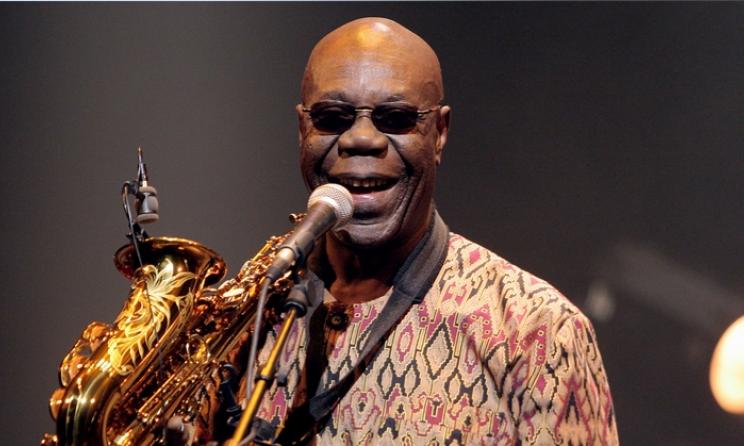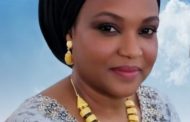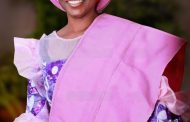No matter how many times and within whichever set of respondents, his name would be among the top three African musicians who stand out in terms of global impact. The two of them would be Hugh Masekela from South Africa and Fela Anikulapo Kuti from Nigeria whom Masekela influenced. The third would be Manu Dibango from the Republic of Cameroons who fell to Coronavirus in a French hospital yesterday.
While Masekela died from prostate cancer, Fela and Manu Dibango are victims of viral infections: Fela to HIV and Dibango to Corona.

The irreplaceable one, always evocative of Dr Iyorchia Ayu’s masterpiece on him,
Many would add Miriam Makeba to this list. What is common to all four of them is the ability to innovate and create something new, a brand that each went global, whether one is talking of Masekela’s approach to Jazz or Fela’s Afrobeat or Dibango’s Makossa. Additionally, they all raised strong voice on the ‘African condition’ in identity terms at a time when racial consciousness was much thicker and unencumbered by multiculturalist or cosmopolitan consciousness. And to think that they did this to gain universal acclaim is to imagine the imaginative radius they embodied. The question the four of them raise is how they could project power on a global scale even then when their political colleagues were busy stealing the people to conditions unworthy of human beings.
Instrumentalising music in a manner that interrogates the Africa depicted in History is why their death pains all lovers of creativity on the one hand and beneficiaries of the power of voice that their creativity advanced on the other hand.
Manu Dibango could be said to have anticipated dying in a circumstance such as the world is in today – lock down on account of a virus. He once said nobody could say what could happen. He was responding to a much broader question of legacy but which also responds to the circumstance of his death. His family is saying a tribute session could be possible in future, a departure from the predictable for such a person as Manu Dibango with a global artistic name and brand and whom leading African cultural intellectuals and practitioners, presidents and prime ministers as well as journalists would have been paying tributes at death.

Maskela and Kidjo, not Makeba as wrongly captioned before this update
Their numbers are reducing, especially the category of African cultural intellectuals and practitioners with a political orientation to creativity. Aside from Angelique Kidjo who made the audacious and sensational claim in a 2015 CNN interview that ‘all music comes from Africa’, there aren’t that stuff around much nowadays. Michael Jackson whose orientation was not in any categorical self-location in the African universe could be argued to have compensated Africa with his unbeatable, multi-pronged musical and dancing wizardry as to remain the king of the dancing floor many years after his death.
May Manu Dibango find companionship in Masekela, Fela and Makeba, settle his rift with Michael Jackson finally there in Heaven and may they unite against the internal and external forces sustaining the ‘African condition’. Meanwhile, the debate goes on as to which is his greatest number: Soul Makossa or Oh Koh!




























